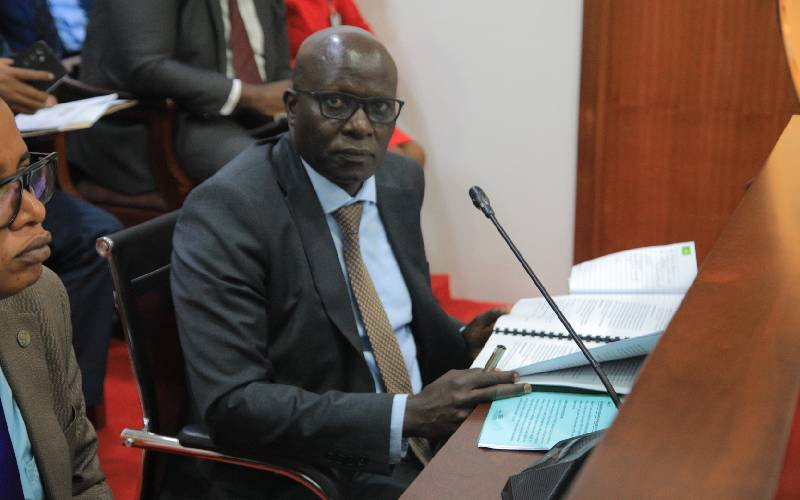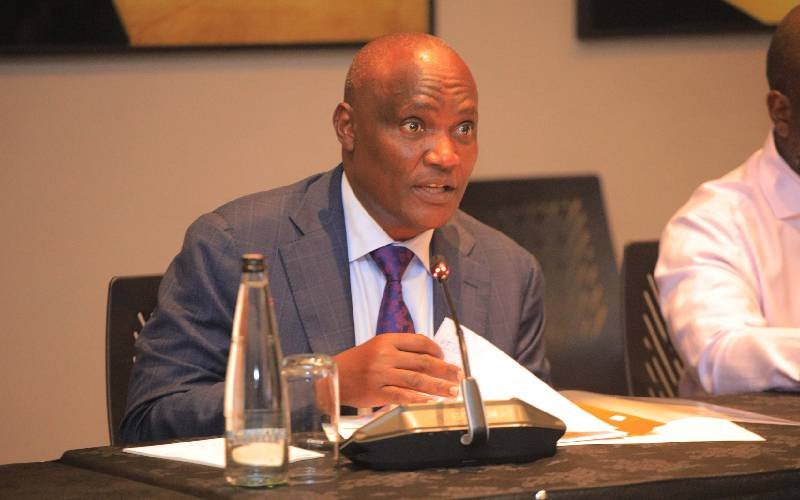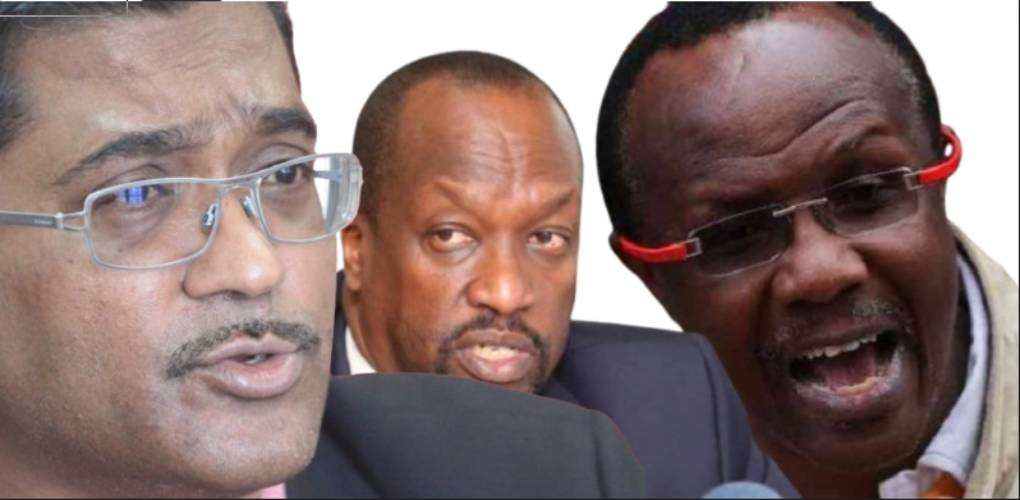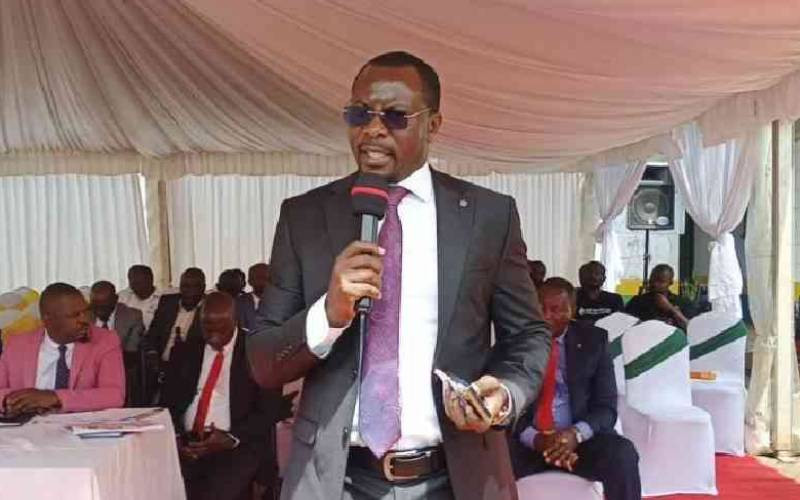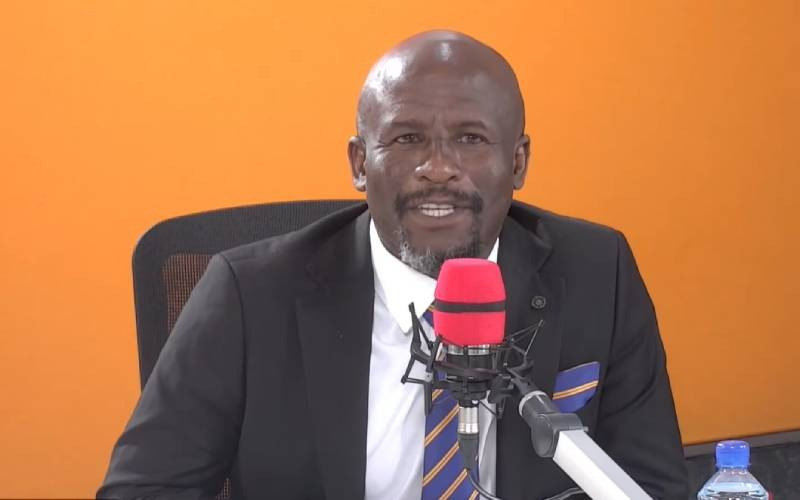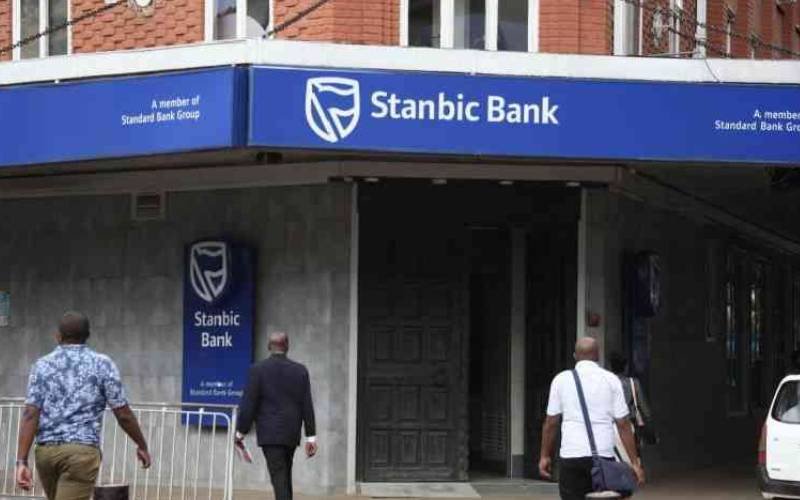×
The Standard e-Paper
Home To Bold Columnists
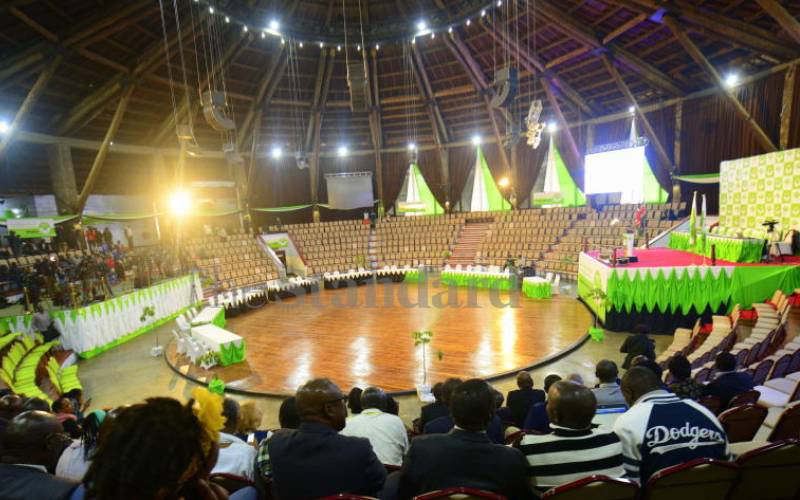
The fate of nearly one million presidential votes in 1,200 polling stations where Independent Electoral and Boundaries Commission (IEBC) does not have 3G or 4G network may be in limbo come August 9.
There has been political ping-pong between IEBC and the Communication Authority of Kenya (CA) over number of polling stations that will be covered or how results will be transmitted in areas with no connectivity.
